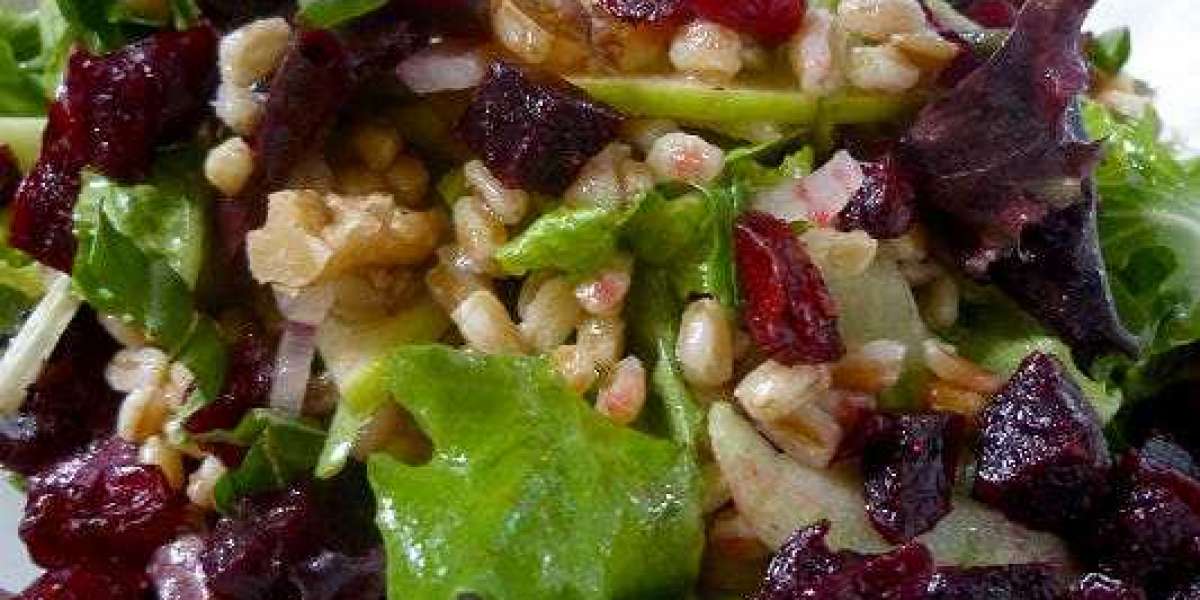Healthier diets have more fruits, vegetables, nuts, beans, whole grains, and low-fat dairy and fewer salt, sugary drinks, white flour, and meat. Where to start? Here are 10 of the best foods - the type of Natural Specialty Food that you should eat regularly because they are better for your health and they are delicious.
1. Sweet potatoes
Sweet potatoes are nutritional superstars. They are loaded with carotenoids and are an honest source of potassium and fiber. Toss the sweet potato slices with a little olive oil and grill until tender and slightly golden. Sprinkle with a spice or two, like cinnamon or chili.
2. Mangoes
About a cup of mango provides 100% of the daily vitamin C, a third of the daily vitamin A, a decent dose of potassium that lowers blood pressure, and 3 grams of fiber. Bonus: they are irresistible. It's strained, so even the 0% fat versions are thick and creamy.
3. Plain Greek yogurt
Fat-free (0%) unsweetened Greek yogurt has pleasant acidity that is a perfect complement to the natural sweetness of berries, bananas, or your favorite whole-grain cereal. Or try one among these ideas from our healthy cook, Kate Sherwood. And the lost liquid means that the yogurt that remains has twice the protein of regular yogurt (but less calcium), about 15 grams in 5 ounces of 0% plain Greek yogurt.
4. Broccoli
It is loaded with vitamin C, carotenoids, vitamin K, and folate. Steam until bright green and slightly tender. Add a dash of Parmesan cheese and a dash of fresh lemon juice. It's a simple and satisfying thanks to getting many vitamins A and C and fiber.
5. Wild salmon
Fatty fish like salmon, which are high in omega-3 fats, can help reduce the risk of heart attacks and strokes. And many sources of wild salmon are more sustainable than farmed salmon. Tip: Keep a few bags of salmon in your pantry. The bags are easy (they don't drain!) And are typically wild salmon.
6. oatmeal
Whether quick, old-fashioned, or steel-cut, oatmeal makes a hearty whole-grain breakfast. Every ½ cup (dry) of plain rolled oats has 4 grams of fiber and about half is the soluble type that helps lower cholesterol. Top your cooked oatmeal with roasted almond slices and bananas instead of sugar or salt. Or try the chopped apple with cinnamon and raisins or the chopped pear with walnuts and nutmeg.
7. Chickpeas
All beans are healthy beans. They are rich in protein, fiber, copper, folic acid, iron, magnesium, potassium, and zinc. But chickpeas stand out for their versatility. Look for varieties with no added salt, like Whole Foods 365, inboxes. Add a handful to your mixed salad or toss them into your vegetable stews, curries, and soups.
8. Watermelon
Watermelon is a heavyweight in the nutrient department. A standard serving (about 2 cups) has a third of a day's vitamins A and C, a good dose of potassium, and a healthy dose of lycopene for just 90 calories with no fat or salt. And when in season, watermelons are often locally grown, which means they can have a lower carbon footprint than other fruits.
9. Zucchini
Steam a sliced squash or buy a peeled and diced squash that's ready to go in the oven, stir-fry, or soup.
It's a simple and satisfying thanks to getting many vitamins A and C and fiber.
10. Leafy greens
Don't miss out on potent greens like kale, collard greens, spinach, mustard greens, and Swiss chard. These standout leafy greens are loaded with vitamins A, C, and K, folate, potassium, magnesium, calcium, iron, and fiber. Sauté in a little olive oil with minced garlic and season with ground black pepper and red wine vinegar.














